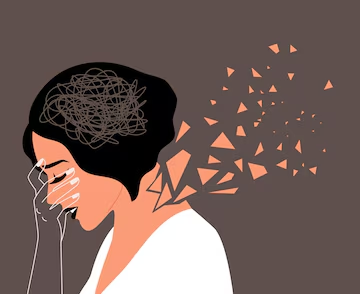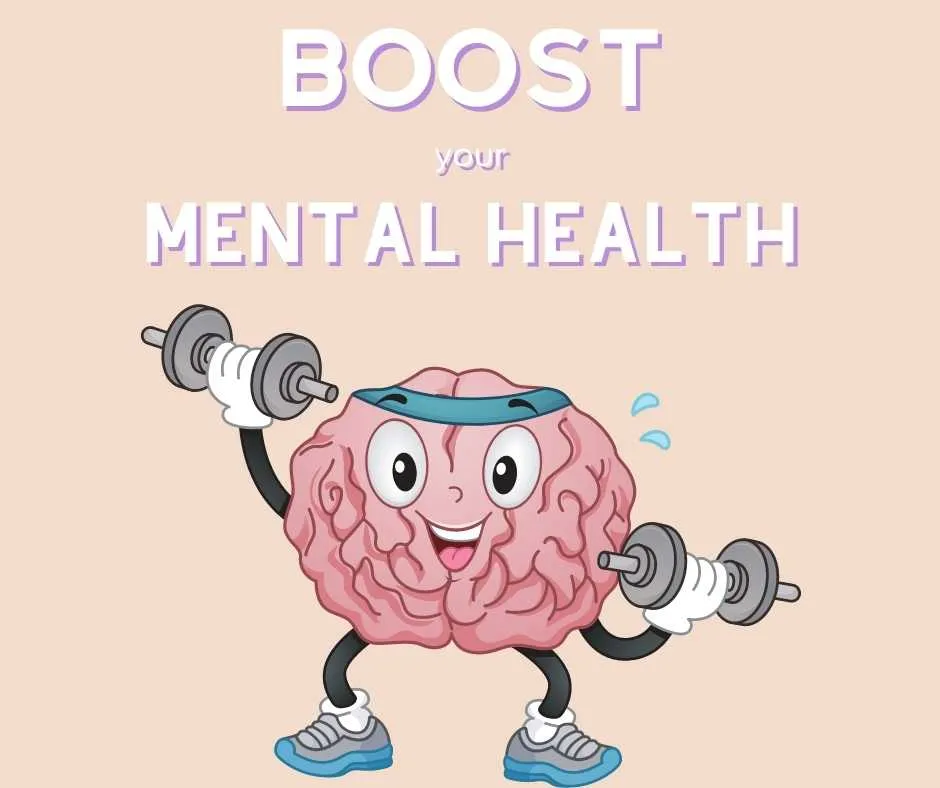
“Adulthood is a scam!”
This is arguably one idea that several people between the ages of 18 and 40 seem to universally agree on. Although ‘adulting’ represents freedom, the ‘scam’ often speaks to the gradual (and maybe horrifying) realization of the complexities, burdens and obligations that come with it. And if the popular Brittany Spears song, “I’m Not a Girl, Not Yet a Woman” is anything to go by, those early adulthood years can feel really tricky to navigate because of their unique transitional nature.
According to MIT, young adulthood can generally be defined as the period between 18 to 25 years old. In this phase, there is a delicate transition into full mental and financial independence, the search for life’s purpose and meaning, establishing romantic relationships, possibly starting a family and becoming a responsible and productive member of society.
Middle adulthood, as it is sometimes called, appears to be defined by ages 26 to 40. This is when we are often building on the learnings of young adulthood, staying in active employment, possibly raising children, establishing our careers and financial future with more intention, and coming to a clearer understanding of ourselves, our values, our emotional identities and our hopes and dreams.
Life is always ‘life-ing’ and the pressures of having others depend on us for survival (children, employees, aged parents), the stresses of building economic power in a largely capitalist world, and the weight of far-reaching career decisions make this life stage an extremely delicate one to navigate. This is why building emotional resilience through mental health promotion is crucial for this age group.
What are the Threats to Mental Health in Adulthood?
Relationship and Family Demands: Burnout and overwhelm from pregnancy, parenting, caring for a sick parent or sibling, financial responsibility to family, and managing difficult adult friendships.
Career Demands: Burnout from career demands, career confusion, navigating a toxic workplace or career transitions, lack of career fulfilment, struggling with work-life balance, financial commitments to education, building a business and seeking funding.
Financial Demands: Anxiety about money and inadequate income, or unhealthy financial habits (gambling, impulse buying, keeping up with ‘the Joneses’)
Unmet Expectations: Dissatisfaction regarding a ‘delay’ in getting married, having children or reaching career goals etc.
Self-love Issues and the Search for Meaning: Low self-confidence, negative self-talk, low self-esteem, pessimism, body image issues, existential crisis, mid-life crises, unhealthy comparison and competition with peers.
Marriage Demands: Navigating a dysfunctional or abusive marriage, managing sexual frustration, divorce and child custody battles, navigating societal perceptions in same-sex marriages, managing polyamorous marriages
Loss: Unemployment, failed businesses or investments, getting defrauded, losing a home or losing loved ones.
Isolation due to migration or job transfers.
Health Challenges: Worsening chronic conditions, sudden illnesses, substance abuse, unhealthy nutrition, lack of physical exercise, neurodivergence and inadequate access to healthcare.
Social Issues: Navigating the effects of politics, crime, economic recession, natural disasters, war, disease outbreaks, and exclusions such as racism, ageism, sexism, homophobia etc.
Any of these may predispose us to anxiety disorders, PTSD, depression, panic attacks, addiction and other behavioural dysfunctions. Many people also use substances like alcohol, ‘weed’ and cocaine to cope with the pressures of adulthood. To prevent this, we need to find ways to promote healthy emotional care practices and support adult mental health proactively.
5 Easy Ways to Boost Your Mental Health

Taking care of your mental health doesn’t have to be complicated! Here are five simple ways to promote well-being that anyone can fit into their day:
- Move Your Body
Even a short walk can work wonders for your mood. Exercise releases feel-good chemicals like endorphins, which help reduce stress and boost energy. No need to hit the gym—dancing in your kitchen counts too! This also supports your physical health and can help you stay in shape. - Stay Connected
Quality time with friends or family can help you feel supported and less isolated. Whether it’s a quick call, a coffee date, or a game night, connecting with people who make you feel good can do wonders for your mental health. - Practice Gratitude
Take a moment to jot down three things you’re thankful for. It could be as simple as your morning coffee or a funny meme. Gratitude shifts your focus to the positives in life, boosting your mood. This can be particularly helpful when life happens and you’re forced to deal with negative occurrences beyond your control. - Unplug Regularly
Too much screen time can leave you feeling drained. Try setting boundaries—like no screens before bed or a social media-free Sunday—to recharge and clear your mind. You should also set boundaries at work to avoid getting overworked and burnt out. Also ensure that in your relationships, your personal boundaries are respected. A good way to deal with existential crises and lack of fulfilment is to take retreats to reconnect with yourself and your faith. This can help restore a sense of meaning. - Prioritize Sleep
Sleep is like a reset button for your brain. Stick to a consistent bedtime and create a calming routine to help you wind down, like reading or meditating. Your mind will thank you! - Prioritize Self-improvement
Periodically take stock of the areas of your life where you need to make a positive change and map out a plan for improvement. This will help eliminate bad habits that can predispose to substance use and addictions, health problems and emotional dysregulation. If you’re struggling mentally, seek the help of a therapist so you can work through the issues and take control of your mental health.
Most importantly, remember to always be kind to yourself. Adulthood comes with a myriad of huge responsibilities and everyone is just doing the best they can. You are not behind in life. Speak positively to yourself; you have a lot of life left to live and you can still achieve those goals in your heart.
